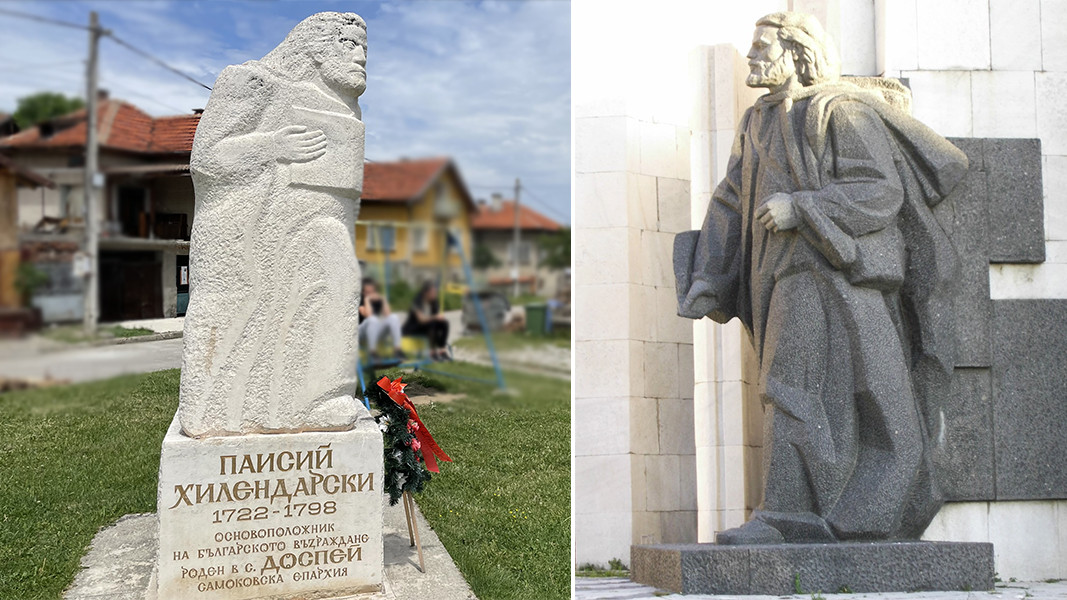
But the most important living monuments of St. Paisius are the manuscripts of his history, which is why in 1762 he urged his readers: "Copy this history and pay to have it copied for you by those who know how to write, and see that it does not disappear!". More than 70 copies of this groundbreaking booklet for the Bulgarians have come down to us; it has been passed from hand to hand ever since it was written 260 years ago in the Zograf Monastery and gave rise to the Bulgarian Revival.
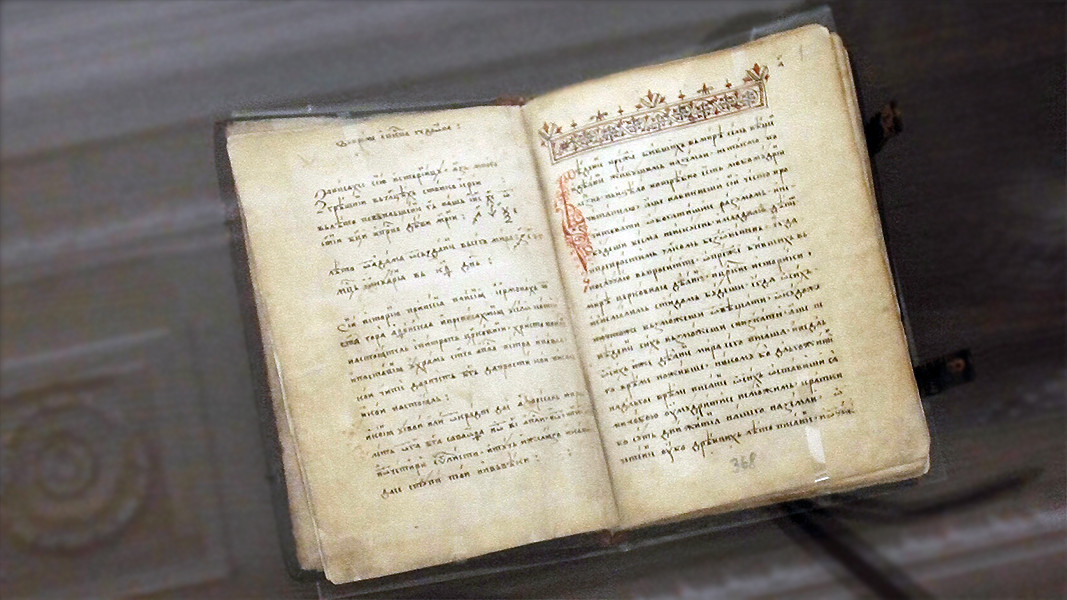
In the introduction, the author challenges the ancient notion of predestination and redirects life's justification for the futility and fickleness of human destiny to the optimistic idea that evil is not everlasting, that wronged peoples like the Bulgarians can have a better fate.
The monk of Mount Athos had journeyed extensively throughout Bulgaria and so he knew his readership very well; these were "simple ploughmen, diggers, shepherds and craftsmen, true to their language and clan". As a historian, starting from biblical times, Paisius gives an account of 33 Bulgarian rulers, singling out 13 of them.
This is the same pantheon, which the Bulgarian textbooks still use to recount Bulgaria’s medieval past, without any change in interpretation. "Thus, of all the Slavic race, the first Slavic saints were the strongest and most revered and shone forth from the Bulgarian race and language," Paisius says of the Bulgarians, aiming to uplift their spirit and give hope to a people that has been under foreign domination for centuries.
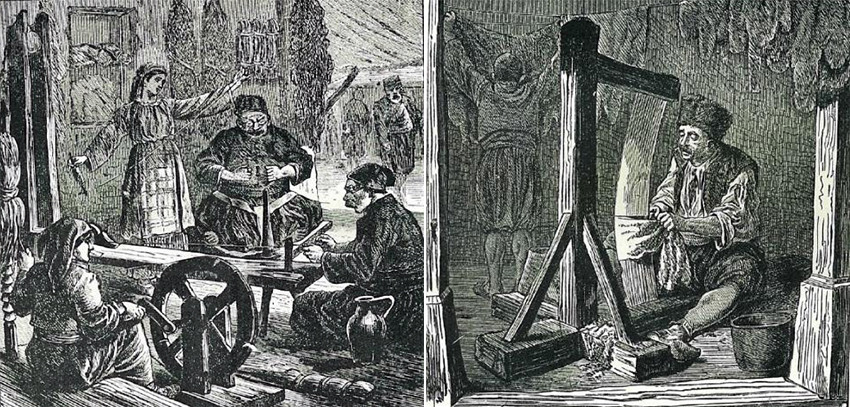
From his experience in Athos in the negotiations with the Hellenic, Serbian, and Russian clergy, we may call prophetic those parts of the "History" entitled - "Here, reader, we will say briefly about the Serbian kings," and "About the Slavonic teachers."
In them St. Paisius strongly opposes the attempts, which were made even then, to belittle the Bulgarian part in the great work of the creation and popularization of the Bulgarian writing and medieval culture, giving them some impersonal "Slavic" look: "Although the Moscals, Russians, Serbs and others boast that they adopted the Slavonic letters and christening first, it is not so. They cannot produce any evidence of this."
Paisius testifies that the Christian faith was essential for the salvation of the Bulgarians with the brief description of the New Bulgarian martyrs and awakeners of the Ottoman times, such as St. Pimen of Zograf, the saints Dimitria Novi of Basarbovo, the Sofia martyrs St. George, St. Nicholas and St. Terapontius, as well as St. Angel from the village of Florina, killed for his faith in the year 1750 , "in the Bulgarian land" in Bitola (today North Macedonia).
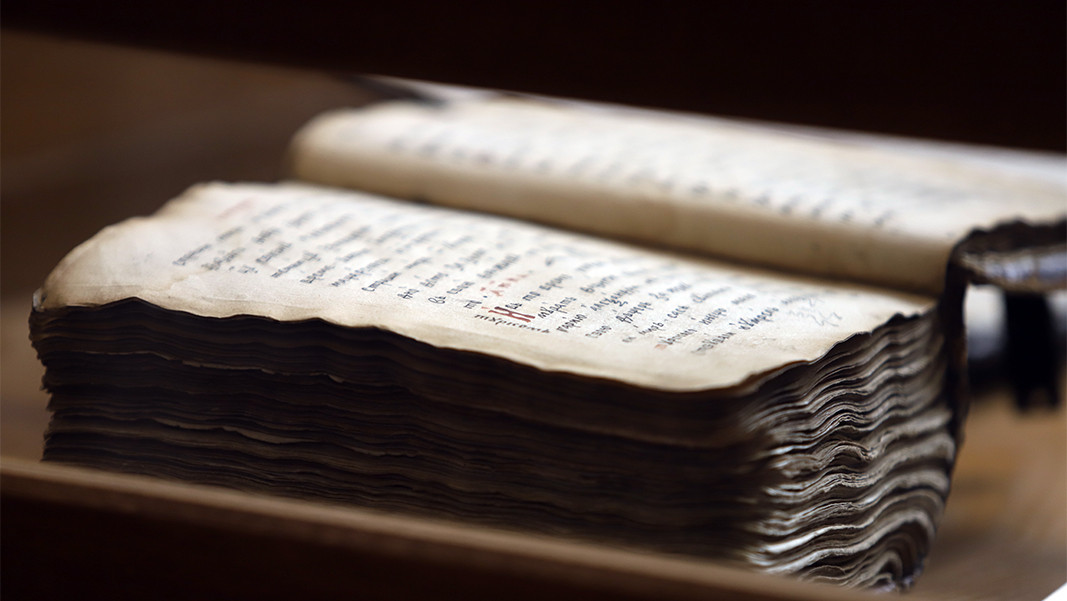
The Bulgarian historian also sends a political message to his compatriots.
In a nutshell it is as follows: Bulgarians were a brave and glorious people, they had their own rulers and a state on par with the rest of Europe. But because of the strife among them, as in the wars with the Serbs and Greeks, God punished them by taking away their freedom. But God is merciful. If the Bulgarians remain firm in their Christian faith, if they reconcile among themselves, if they begin to educate themselves and continue to work, God will give them back their freedom and their country. It is because of this prophecy, fulfilled with greater or lesser success during the Bulgarian Revival, that we should honor Paisius not only as a saint, but also as a visionary and champion of the Orthodox work ethic.
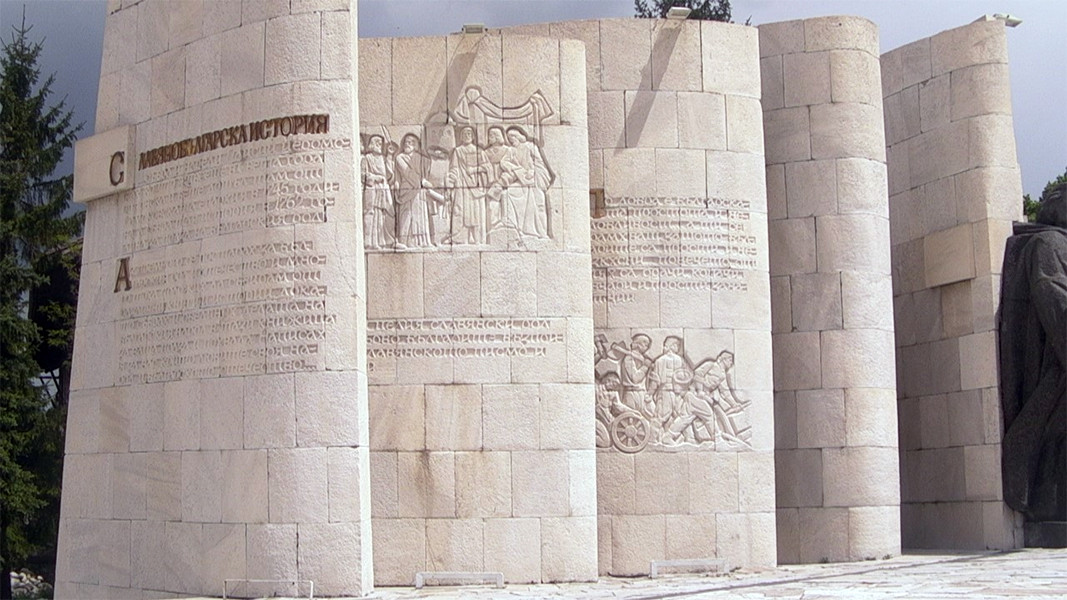
In his book "Conspirators' Times" /2005/ Kolyo Angelov has recorded a tale that also confirms what St. Paisius wrote.
In 1864, when the great Ottoman reformer Ahmet Şefik Mithat Paşa was on his way to head the Danube Vilayet, he spent the night in the town of Shumen. Early in the morning he woke up to the clanging of the hammers of coppersmiths and ironmongers. When the pasha asked who was making so much noise, he was told that it was the Bulgarian craftsmen who were beginning work. "And when do the Turks start work?" asked Midhat Pasha again. He was answered that the Turks did not do handicraft. The Young Turk reformer said nothing more, except, "We shall not long rule over the Bulgarians."
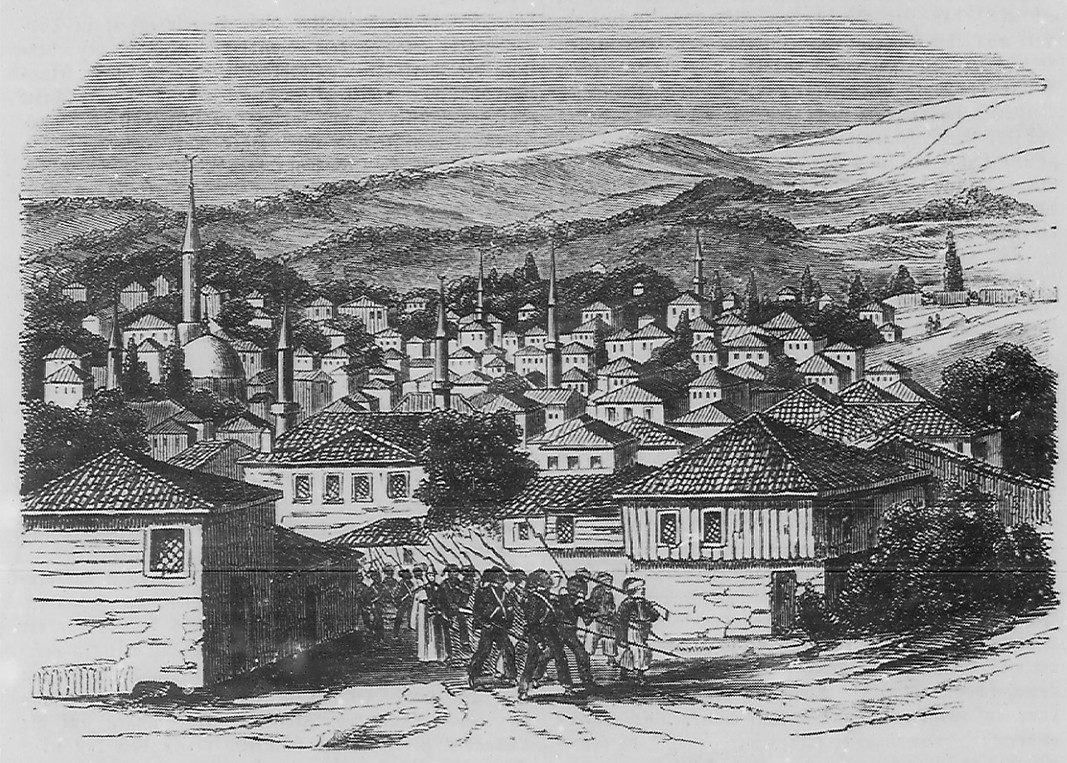
Today, the Bulgarian Orthodox Church honors the holy great martyr Varvara - a maiden from a noble family, beheaded for her Christian faith at the beginning of the 4th century. The day is also called Women's Christmas . This name comes from..
On November 30, the Bulgarian Orthodox Church honors the memory of St. Apostle Andrew . In Bulgaria the saint is known as Saint Andrey and the folk holiday as Andreevden . Saint Andrew’s Day gives the start to the series of winter holidays..
The head of the statue of Tyche, the goddess of Philippopolis, has been discovered in the Episcopal Basilica in Plovdiv, said the head of the excavations Lyubomir Merdzhanov. According to him, this is an extremely rare artefact that has been awaited..
The Nikola Vaptsarov Naval Academy in Varna has marked 144 years since its founding. A period in which the educational institution has..

+359 2 9336 661
